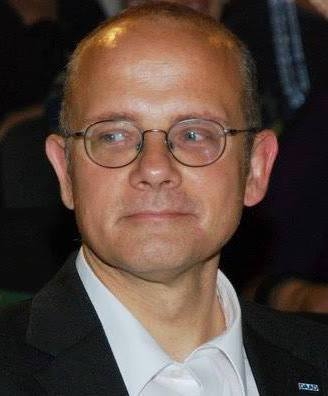What both
Russia and the other post-Soviet countries need is as deep as possible an
inclusion into one of the integrative processes led by the dynamic economies of
the world -- whether in Asia or in Europe. For the Central Asian countries,
closer ties with China, India, Turkey, the Gulf states, South Korea or/and
Japan may be the way to go. For the rest of the post-Soviet world, including
Russia, the obviously primary modernization partner is the European Union. To
be sure, Russia may never or only in a distant future become a full member of
the EU. Yet, the current European crisis could lead to a re-conceptualization
of the project of Europe as a multi-stage integration arrangement. Envisaged
already some 25 years ago by, among others, Eurocrats such as Jaques Delors,
the future Europe may become, even more so than today, divided less into East
and West than via concentric circles. That means that the depth of integration
of different countries with Union structures may vary considerably. It would
depend on the respective states willingness to give up national sovereignty as
well as their ability meet EU standards. In some ways, various existing
incongruent integration spaces, such as the Eurozone or Schengen Area, can be
seen as already constituting such concentric circles. This tendency for
differentiation could accelerate, in the future, and may lead less to
disintegration than a deconstruction of "Europe." Such probably necessary
fundamental re-imagining of the European project may be painful for Western
Europhiles. Yet, this repercussion of the current crisis will, at the same
time, make it easier for the Western republics of the former USSR to both, find
their place in the European project and identify their road towards deeper
integration. Not only would they be able to position themselves more clearly
than now within a Europe of concentric circles. A more sharply differentiated
Europe would also offer various further options and pathways of integration for
each country to choose from, and follow on. Even as large and specific a European
country as Russia may be able to find a decent place and prospect within such a
model. The currently ongoing negotiations for the creation of a visa-free
travel regime between Russia and the EU could be seen as a first step, in that
direction. Russia's future lies not in Eurasia or some other post-Soviet
mirage, but with Europe and the West.
(This article appeared on the site of the Valdai Discussion Club in Moscow.)
(Note: You can view every article as one long page if you sign up as an Advocate Member, or higher).





